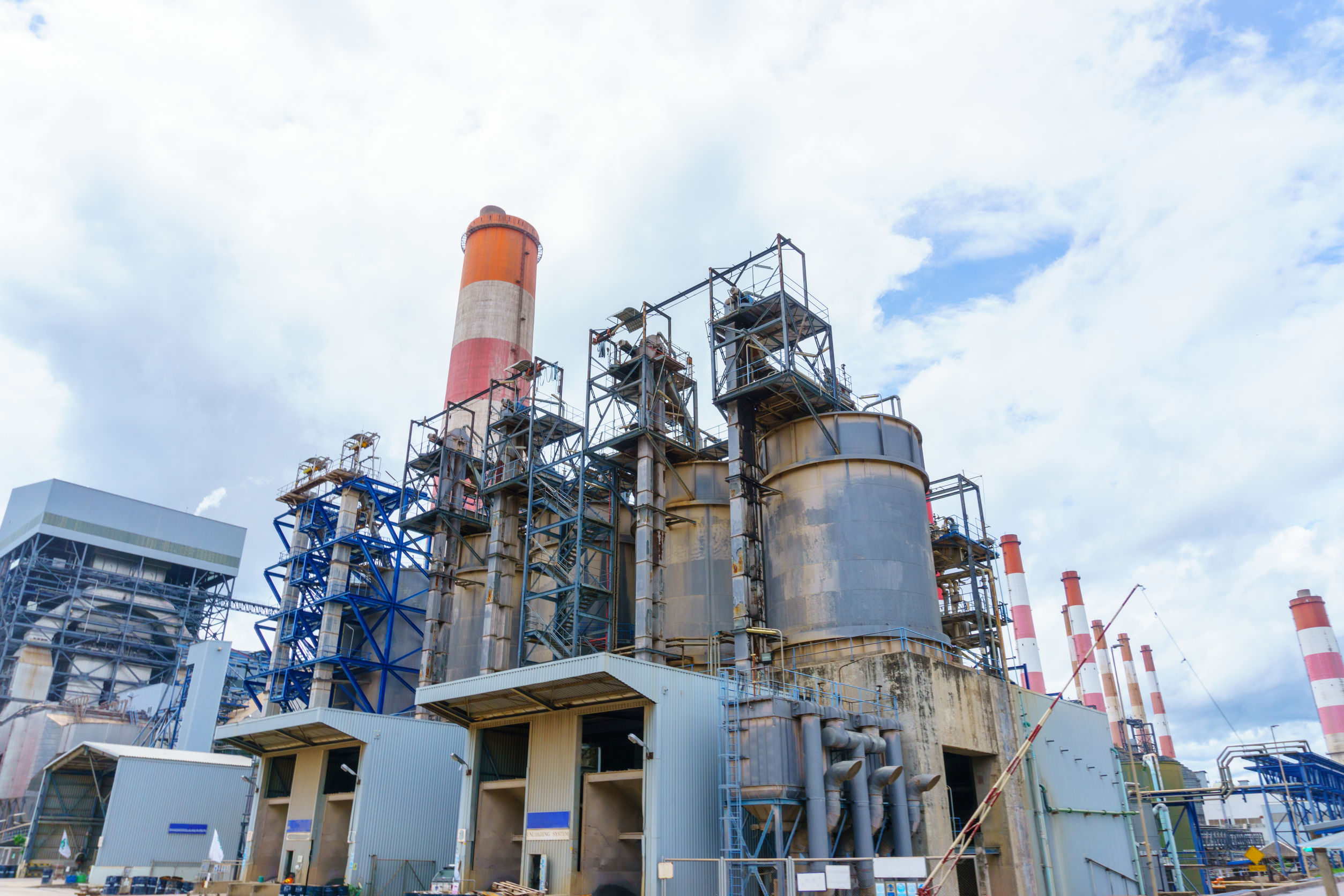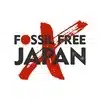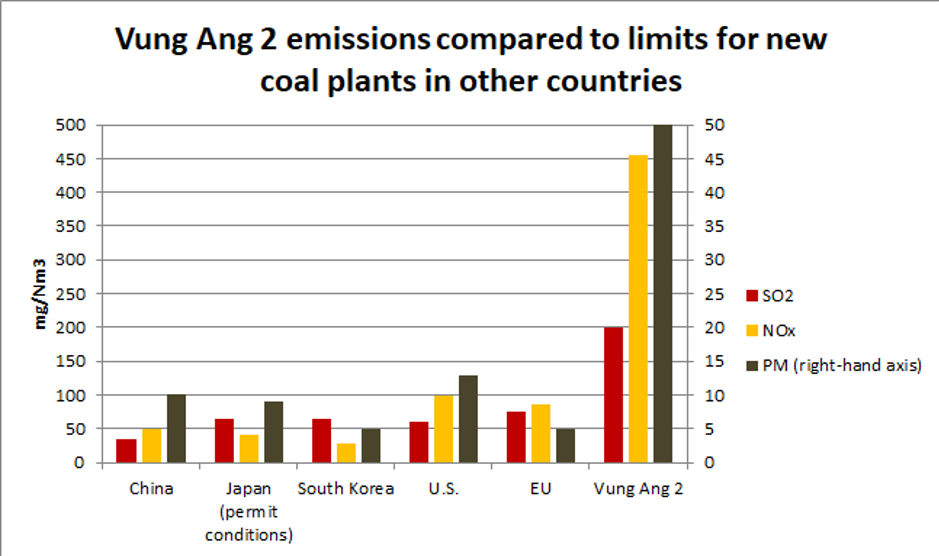
29 April 2020-Experts have found key aspects of the updated Environmental and Social Impact Assessment (ESIA) report on the planned Vung Ang 2 coal power station in central Vietnam do not meet internationally accepted standards for evaluating potential environmental impacts of the project. These issues will create significant environmental harm and public health impacts for communities in Vietnam.
Vung Ang 2 coal power plant is sponsored by Mitsubishi Corporation. The Japan Bank for International Cooperation (JBIC) and a consortium of Japanese banks, including Mizuho Financial Group (Mizuho), Mitsubishi UFJ Financial Group (MUFG) and Sumitomo Mitsui Financial Group (SMFG) and Japan Bank (JBIC) are currently planning to finance it.
“The banks involved have clearly not done their due diligence and are planning to finance this coal power station despite the harms to the environment and to Vietnamese communities.” says Meg Fukuzawa, energy finance campaigner Market Forces.
Independent analysis conducted by Environmental Law Alliance Worldwide (ELAW) found that the ESIA report did not meet international standards. They found that the report:
- fails to consider alternatives to coal power to minimize negative environmental impacts;
- uses the incorrect air pollution dispersion model which makes the air quality impact predictions meaningless;
- permits wet handling of ash against international guidelines;
- allows for the discharge of thermal effluent above international guidelines; and
- dismisses impacts on marine species without proper review.
“There are a myriad of environmental issues in the ESIA report including that there is no assessment of alternatives for renewable energy generation, despite studies indicating that energy generated by new investments in renewables would be cheaper than energy generated by new investments in coal by 2020.” says Ayumi Fukasawa, climate change and energy campaigner, Friends of the Earth Japan. “Japanese companies should not promote dirty polluting coal. ”
“Using an incorrect air pollution model for predicting air quality impacts is a serious flaw, which would require the ESIA for the coal-fired power plant to be redone,” says Mark Chernaik, Staff Scientist for the Environmental Law Alliance Worldwide. “Local communities deserve to know the accurate extent of harm this project would cause to their air quality.”
In addition, a separate analysis by the Centre for Research on Energy and Clean Air shows that the ESIA report specifies far weaker emission limits than those used internationally including in Japan or Korea, allowing 5-10 times as much toxic pollutants.
Analysis by Lauri Myllyvirta, Lead Analyst, Centre for Research on Energy and Clean Air
“If these emission standards used for Vung Ang 2 are not acceptable for Japan, why are they acceptable for Vietnam? By ignoring Japanese and international practices, the Japanese banks put themselves at risk of harming Vietnamese communities.” says Lauri Myllyvirta, Lead Analyst, Centre for Research on Energy and Clean Air.
In Vietnam, there has been heightened concern about the degraded environment and the need for greater environmental protection. Last week during a meeting of the National Assembly Standing Committee, Chairwoman Nguyễn Thị Kim Ngân stated that “everyone has the right to live in a clean environment and has an obligation to protect the environment” and that “we should expand the right to sue and claim for environmental compensation to individuals and communities as they are the most affected.”
“There are countless environmental and social risks associated with Vung Ang 2. If Japanese banks are concerned about mitigating these risks then Vung Ang 2 is clearly a project that should not be funded.” said Ms. Fukuzawa.


